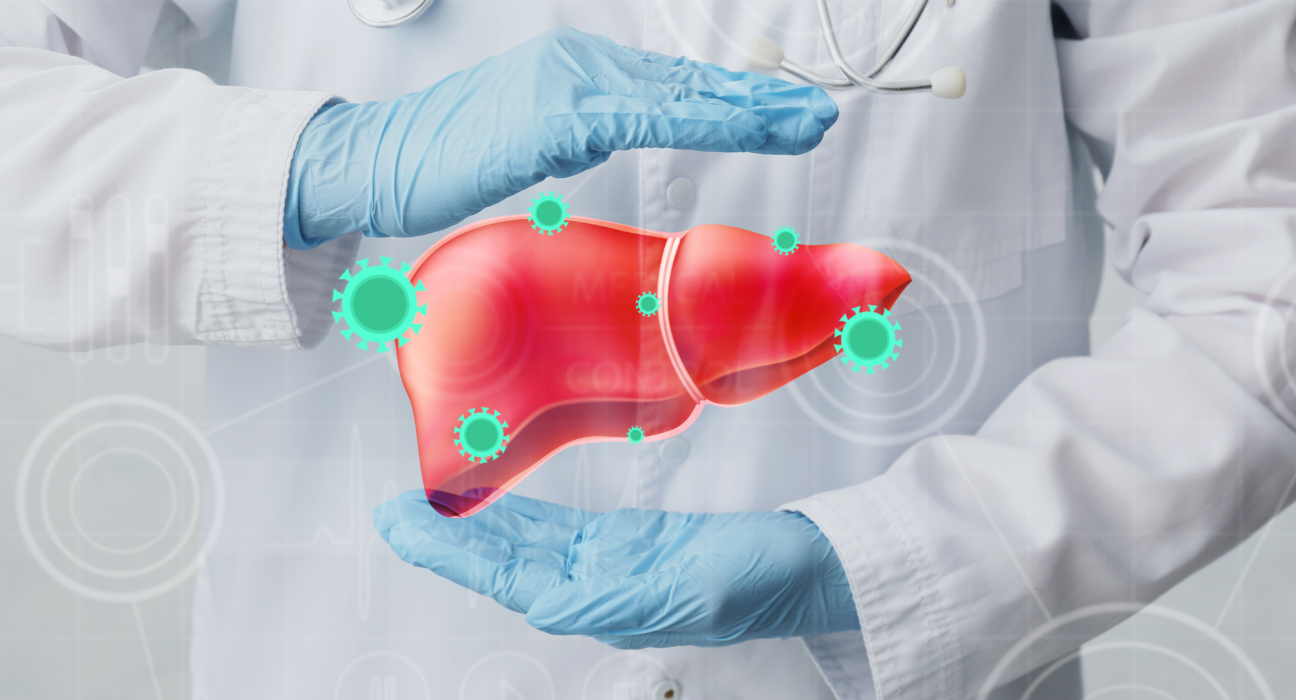The liver plays a crucial role in the body by removing toxins from the bloodstream, regulating blood sugar levels, and performing various other vital functions.
Despite its importance, several misconceptions surround liver health. In tonight’s edition of NCN Health, brought to you by the Guyana Trinidad Mutual Insurance Company Limited and Essential Care Pharmacy, we delve into the truths versus myths about maintaining a healthy liver.
The liver, situated beneath the rib cage in the right upper abdomen, is the largest solid organ in the body.
Contrary to popular belief, liver health is not solely determined by alcohol consumption.
Obesity significantly increases the risk of developing liver disease, known as Nonalcoholic fatty liver disease.
Weight loss has been proven to reduce the amount of fat in the liver and alleviate inflammation caused by fat deposits.
Next, let’s debunk the myth surrounding liver cleanses. While marketed as essential for daily health maintenance or after indulging in excessive food or alcohol, medical experts do not universally recommend liver cleanses.
Despite claims of being a panacea, there is insufficient clinical evidence to support their routine use.
Another prevalent myth is that the absence of symptoms means there’s no risk of having cirrhosis.
In reality, cirrhosis can remain asymptomatic for some time, with patients often unaware of their condition.
Symptoms may only manifest once liver function significantly deteriorates.
However, fatigue, a common symptom of cirrhosis, can be attributed to various factors besides liver dysfunction.
Lastly, the misconception that a liver transplant will resolve all complications from cirrhosis is debunked.
While a liver transplant may be necessary in severe cases, it’s not without risks or lifelong commitments.
Patients must adhere to strict medication regimens to prevent rejection and maintain overall liver health.
In conclusion, prioritizing liver health involves early medical intervention, adherence to prescribed treatments, maintaining a healthy weight, and minimizing alcohol consumption.

